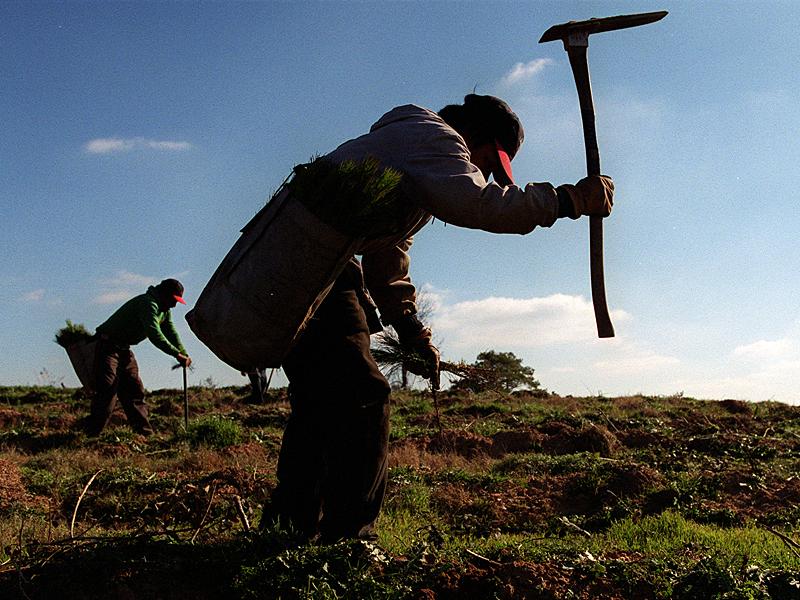WCP: Is Class Really Forgotten? Working-Class Studies Association 2017 Awards
Posted in Visiting Scholars | Tagged Angela Stuesse, David LaBounty, Diana Garvin, Gabriel Thompson, John Russo, Sherry Linkon, Tim Strangleman, WCP, WCSA, Working-Class Perspectives, Working-Class Studies Association
While commentators are right to call for an increased focus on class, the notion that class as a category of analysis has been neglected by academics is contradicted by tremendous recent scholarship in the working-class studies field. In this week’s Working-Class Perspective, Tim Strangleman highlights some of the best books and articles awarded by the Working-Class Studies Association this spring.
This year’s CLR James Award for Published Book for Academic or General Audiences was won by Angela Stuesse for her book Scratching Out a Living: Latinos, Race, and Work in the Deep South. In their comments the judges described the book as ‘timely, beautifully-written, and deeply researched activism-based ethnography about the poultry industry in the American South.’
One wrote that ‘Stuesse demonstrates how workers are exploited and divided on the basis of racial and ethnic identities within the context of neoliberal globalization’, while another called the book ‘a model of engaged scholarship. Without underestimating the difficulties her research reveals that the basis for inter-racial working class solidarity among African Americans and Latinos in the South does indeed exist in the newest “new” South.’
The Tillie Olsen Award for Creative Writing recognized Workers Write: Tales From the Construction Site, edited by David LaBounty. Full of praise for Workers Write the judges commented that the book ‘gets at the very heart of what working-class art, working-class creative writing, looks like. It comes from varied perspectives, speaks in diverse voices, but both the perspective and the voices have at base an engaging depiction of work and the worker’s life.’ One wrote that
The short stories and poems in this collection are snapshots of the experience of work and its place in a wider social life. Scenes from everyday life, tangible descriptions of work, tales that blur autobiography and imaginative purpose – each story finds its own character through this theme. The writing is consistently good throughout, across a diverse range of styles, highlighting not just the talent of the authors but of the editor’s eye. It is a book that gives expression to working class creativity: its intrinsic relationship to having to hold down a day job and pay the rent, an expression of labor in writing, and a testament to the labor of writing itself.
Another wrote that the collection gave ‘voice to the working class in a clear, authentic way. These multi-genre selections are grounded in the reality of working-class existence.’
This year, the John Russo & Sherry Linkon Award for Published Article or Essay for Academic or General Audiences is being given to Diana Garvin for her article ‘Singing Truth to Power: Melodic Resistance and Bodily Revolt in Italy’s Rice Fields’, published in the academic journal Annali d’italianistica. One judge called it ‘An ambitious interdisciplinary and intersectional project that centers the voices of working-class women in Italy during the Fascist period.’ Another described it as
A superb article, indeed one of the most compelling that I’ve read for some time. It is beautifully written, theoretically trenchant, and deeply insightful as it re-presents the archive voices of the Mondine women through a careful and compassionate scholarship that itself speaks truth to power through its account of the women’s singing of truth to the power of exploitative practices of productivity and womanhood under Italian Fascism. As such, this article – of all the excellent material submitted – occupies the unique space of working class studies as I see it: that is, it brings deep and humane attention to the material interconnections of gender, class place and history as they impact on lived experience, and it does so with an impeccable balance of creative awareness, persistently probing intelligence, and scrupulous outrage. Wonderful!
The Studs Terkel Award recognizes projects in Media and Journalism, and this year it went to journalist Gabriel Thompson for his article ‘Dark Meat’, part of a series called The Grind from the online magazine Slate. This series featured a number of excellent pieces, but the judges chose Thompson’s article for its ‘informative and engaging narrative’, which ‘brings home the personal side of poultry industry’s gaming of industrial accident rates and its efforts to increase line speeds via Dept. of Agriculture’s regulatory authority.’ Another noted how the piece ‘Makes the reader viscerally feel the pain of workplace injuries and overwork. Damning of the poultry and insurance companies and the workers’ comp system and OSHA. It illustrates how employers get away with mistreating workers with government collusion.’
Read the post in its entirety and check out other Working-Class Perspectives posts on our website.

